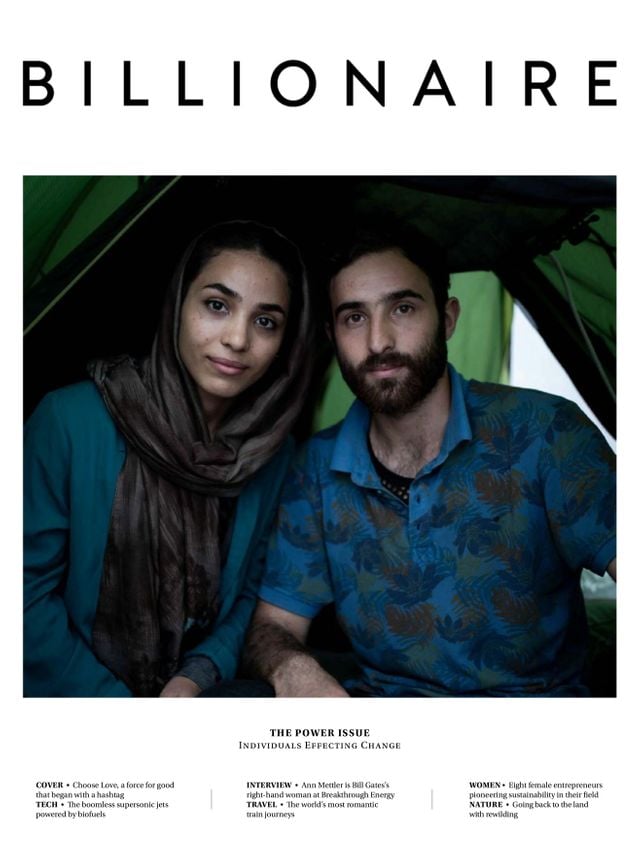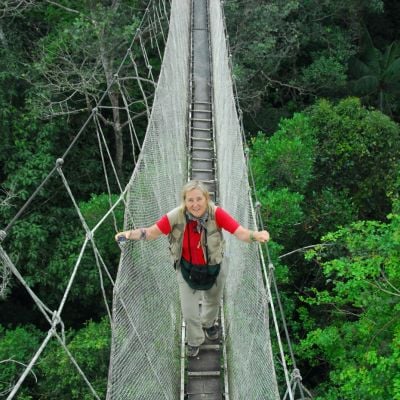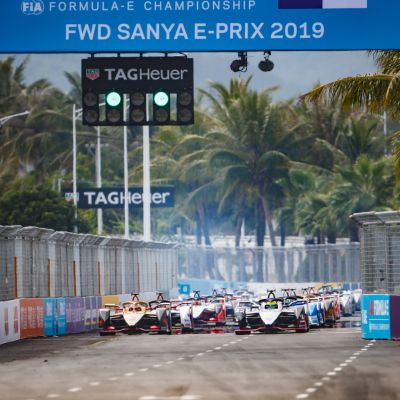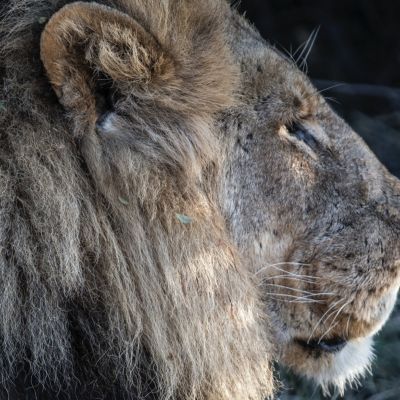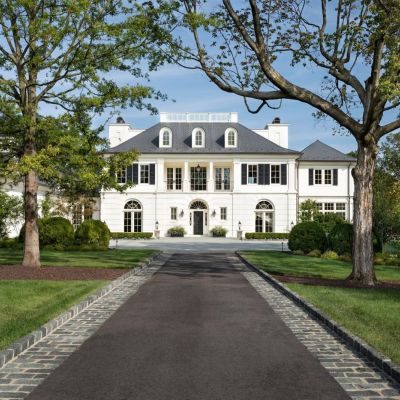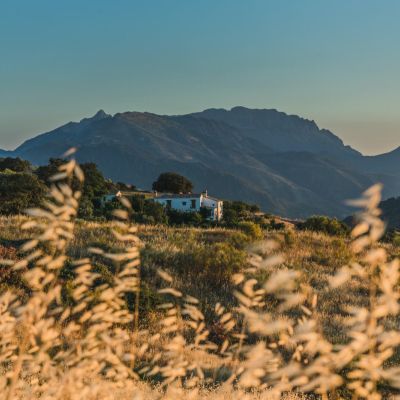Normalising Nature
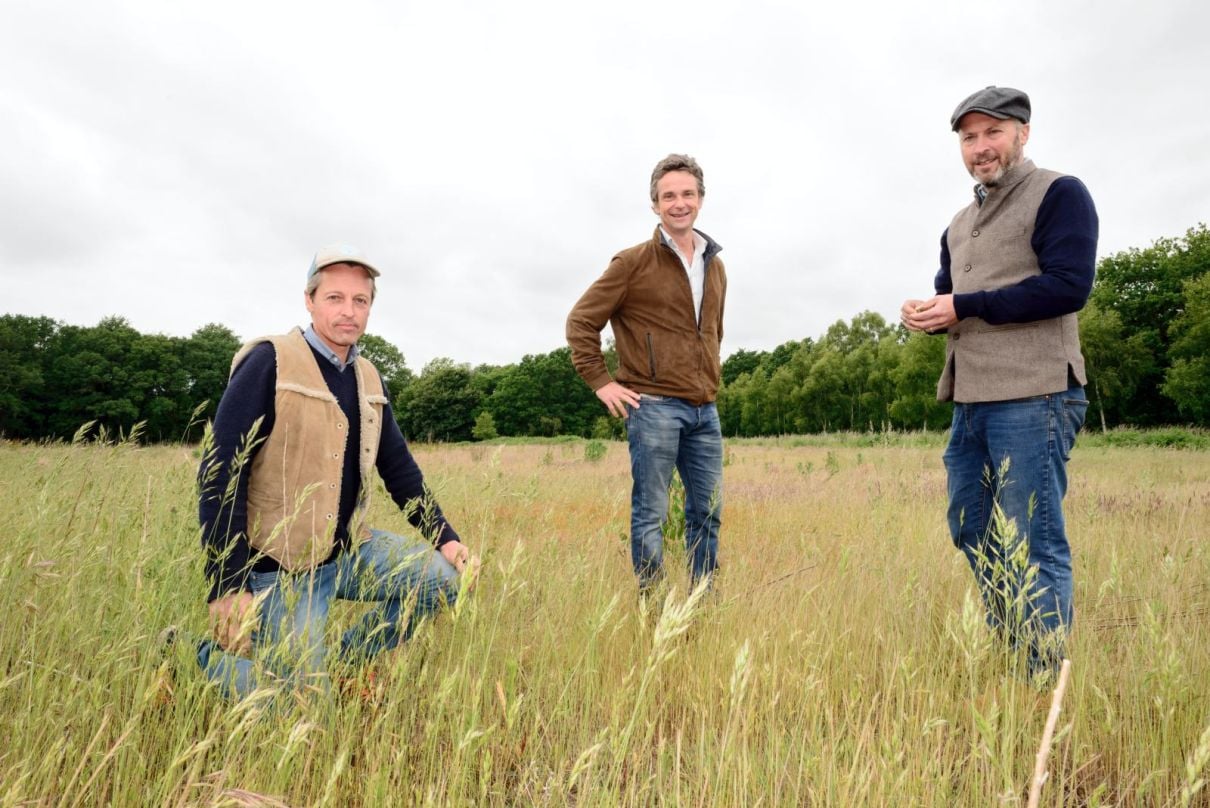
Nature needs 20 percent of our land to thrive. A new campaign wants every landowner to pledge their fifth back to the wild.
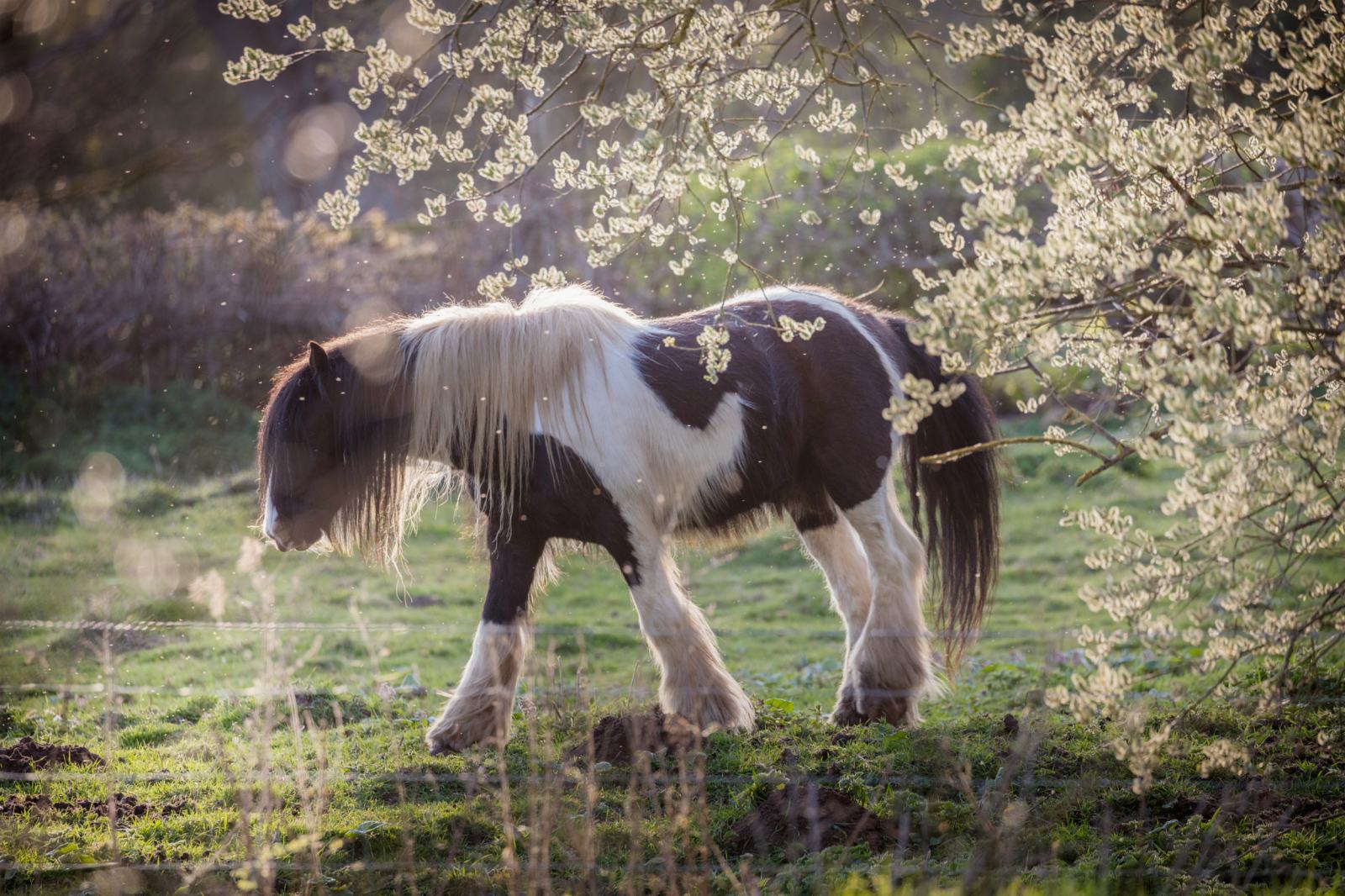
East Anglia is called the breadbasket of the UK for a reason. Around three-quarters of the land here is used for agriculture, responsible for the vast majority of Britain’s domestic-grown food supply.
But industrial-style farming methods have brought the ecological balance to a crisis. In the 50 years since the 1970s, nature in England has seen precipitous declines across all species, from wildflowers and insects to many mammals and birds, according to the UK State of Nature Report, 2020.
At the same time, farming is becoming increasingly unsustainable. In the past decade, the number of farm estates in England has dropped by a fifth; with many farmers turning to new ways of making money from their land, including glamping sites, outdoor theatres and even a natural burial site.
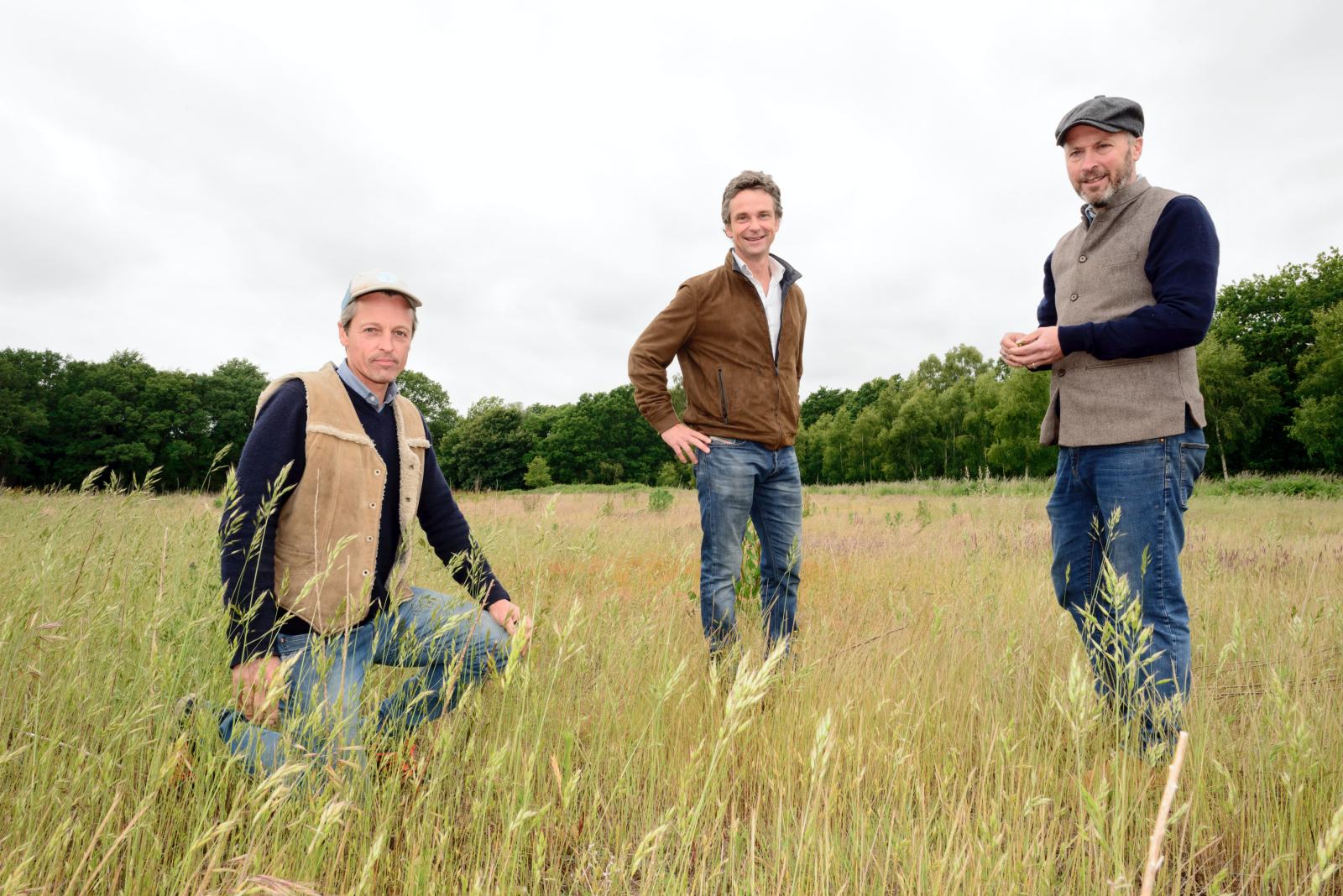
WildEast is an ambitious non-profit on a mission to rewild East Anglia, founded last year by three local landowners: Lord Hugh Crossley, the 4th Baron of Somerleyton; Oliver Birkbeck, former soldier and owner of Little Massingham Estate in Norfolk; and Argus Hardy, a Suffolk-based architect and son of the 5th Earl of Cranbrook.
The three friends found themselves despairing at the slow rate of uptake of more environmentally friendly methods in the farming community; simultaneously they were inspired by rewilding efforts around the world.
There was the incredible success story of reintroducing wolves to Yellowstone, first national park of the US, after a 70-year absence. Fourteen grey wolves were brought over from Canada in 1995 and, in the 25 years since, the park’s ecosystem has rebounded and is hailed as one of the greatest rewilding triumphs ever.
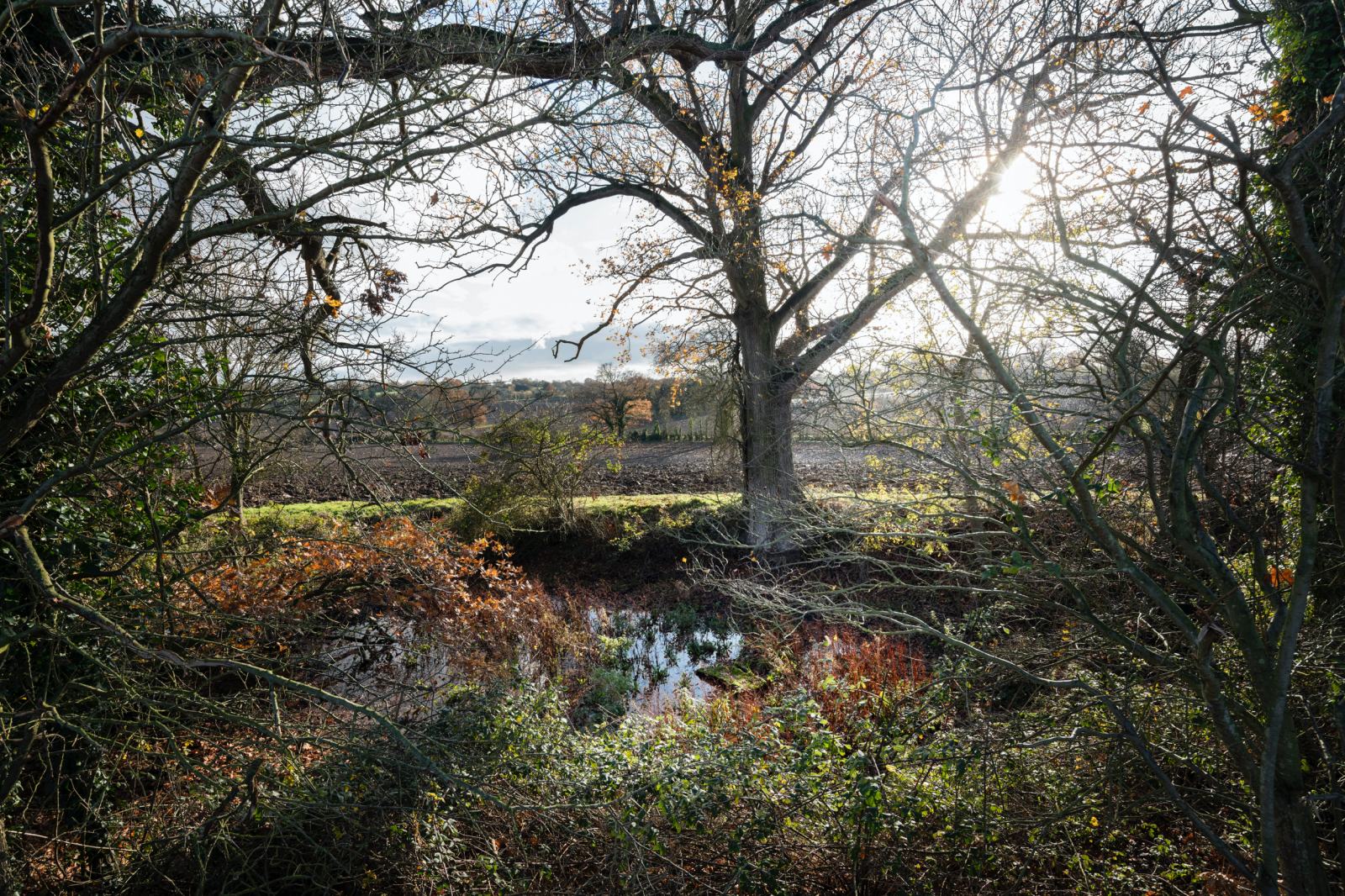
Meanwhile, in eastern Europe, deep in Romania’s Carpathian Mountains, brown bear, lynx, wolves and bison are being protected with a conservation project in some of Europe’s largest swathes of virgin forest. This is supported by the European Nature Trust (TENT), founded by conservationist Paul Lister, who is also behind the 23,000-acre Alladale Wilderness Reserve in Scotland, where red squirrels and golden eagles are thriving and the plan is to one day re-introduce wolves.
If others could do it, reasoned the three farmers, why couldn’t they? But East Anglia doesn’t have snow-capped mountains or vast forests, it is a patchwork of farmland. After some head scratching, the idea of WildEast was born, with a goal to rewild 20 percent of every parcel of land in East Anglia, or 250,000 hectares between now and 2070, equivalent to half-a-million football pitches.
This 20 percent would give nature the space needed to recover, according to a study by University of Cambridge scientists. As well as farmers with arable land, they want to engage companies, councils and individuals to pledge 20 percent of urban pathways, village greens, churchyards, new developments, and even private gardens and window boxes.
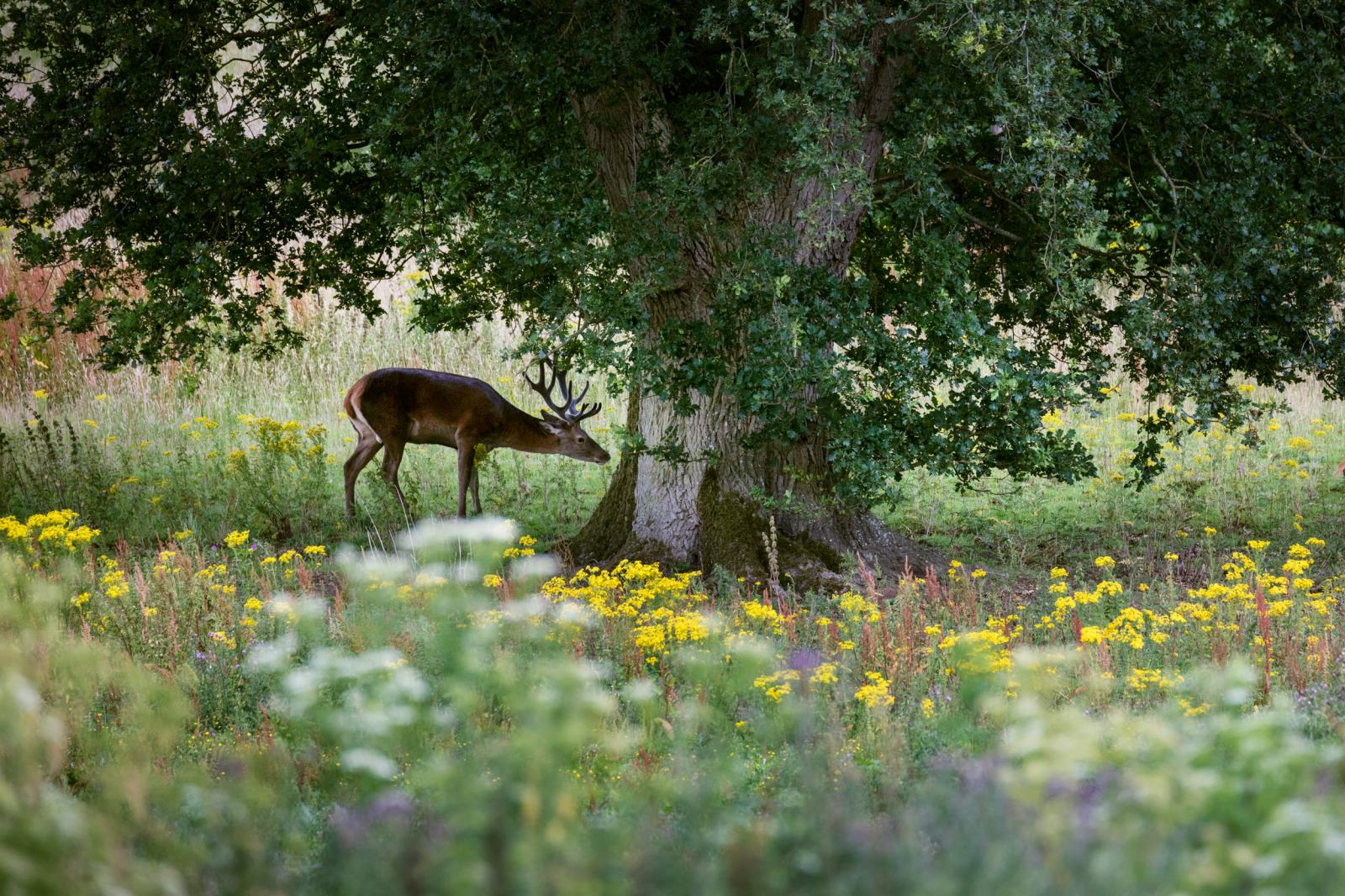
Other parts of the plan include reintroducing extinct pelicans, peregrine falcons, storks and beavers in the larger wild parts, and championing regenerative farming to restore soil health in general.
WildEast wants to forge a ‘new normal’ for coming generations, with wilder, wetter, woodier landscapes connecting sustainable farming systems, and riverine landscapes flowing through green towns.
From a thicket of invasive bramble to multi-acre farms, more than 1000 pledges of land have already been added to the WildEast Map of Dreams, charting progress and including schools, industrial estates, railways stations, churchyards, farms and private gardens across East Anglia.
Whilst scale is certainly key to success, WildEast is also about democratising nature recovery and encouraging a commitment of any size. Take Reverend Alison Ball who’s pledged part of her churchyard and introduced hedgehog houses, log piles, bee banks and seasonal mowing; or the couple who relocated from London to rural Suffolk withthree small children and are rewilding a 45-acre plot.
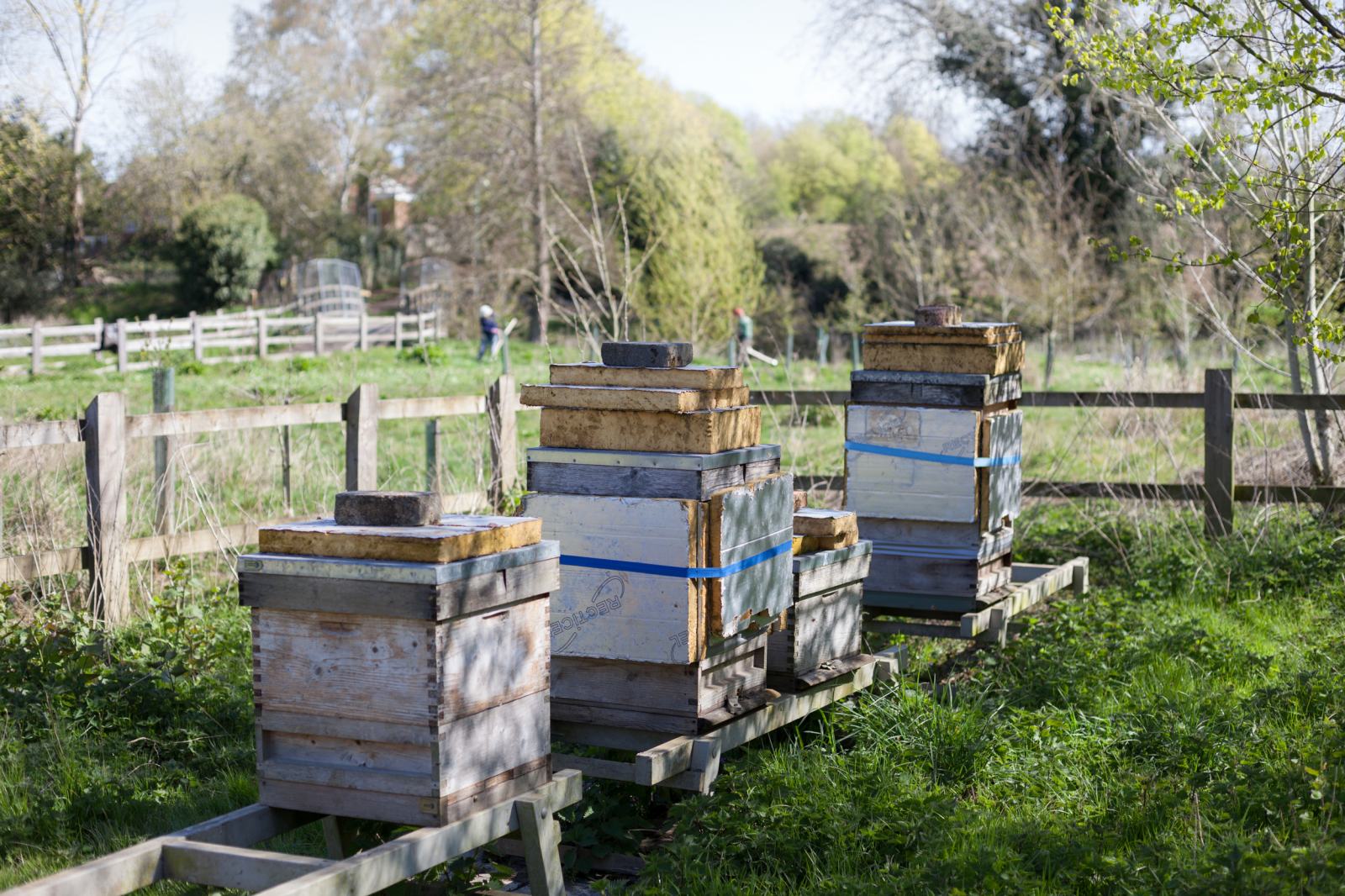
WildEast is working with a charity to develop projected rewilding projects, to grow the conversation further. Importantly, it has created an accreditation system that will allow East Anglian farmers using restorative agriculture to obtain better prices for their produce.
Billionaire sat down with Hugh Somerleyton, Oliver Birkbeck and Argus Hardy, founders of WildEast.
How did this all begin?
Hugh: I’ve been looking after Somerleyton for 15 years and trying to fight the internal farming politics on my own land, which was using practices that were hard on nature, ploughing hedges too closely or using too much pesticide, for example. I’m going to turn 50 this year and I realised that the little bits of good I’ve been doing, and what other conservationists have been doing, dotted around, is too fragmented, too late and it hasn’t worked. What we’ve been funding, and the tax-payer has been funding, has failed due to a lack of connectivity and scale. At the same time, the farming system that dominates is just too hostile.
I was old friends with both Olly and Argus, and now they are friends too. I emailed them an outline for this plan and we committed to taking it forward. We were inspired by so many stories of rewilding, and we went to visit Paul Lister, of Alladale reserve in Scotland, for a weekend. He gave us the confidence to not shy away from the problem, and it coalesced there. Obviously, there is a major difference between Scotland and East Anglia — in that we’ve not got snow-capped mountains but heavily industrialised, fragmented flat lands. So, instead, we have to get everyone involved.
Oliver: As a farmer, it strikes me that the consumer is engaged in this terrible death spiral with the farmer. With consumers’ insatiable demand for cheap meat every day of the week, the farmer has to manipulate the land and to farm every square inch using chemicals and synthetics. The only way to break that chain and restore the balance of nature is to have a society-wide cultural reset as to how we see the natural world. That means buying organic beef rather than corn-fed beef, it involves getting rid of food waste, and inspiring our children to love the landscape wherever they grow up.
Argus: We both received a passionate and positive email about nature recovery, from Hugh, with the possibility to grow a collegiate network to inform a cultural change. That was the basis of WildEast, as Hugh calls it, ‘the Facebook of British nature recovery’. The cool thing about it is it could permeate all strata of society; we could create mass participation with the idea of living in a huge nature reserve rather than abstracted from one.
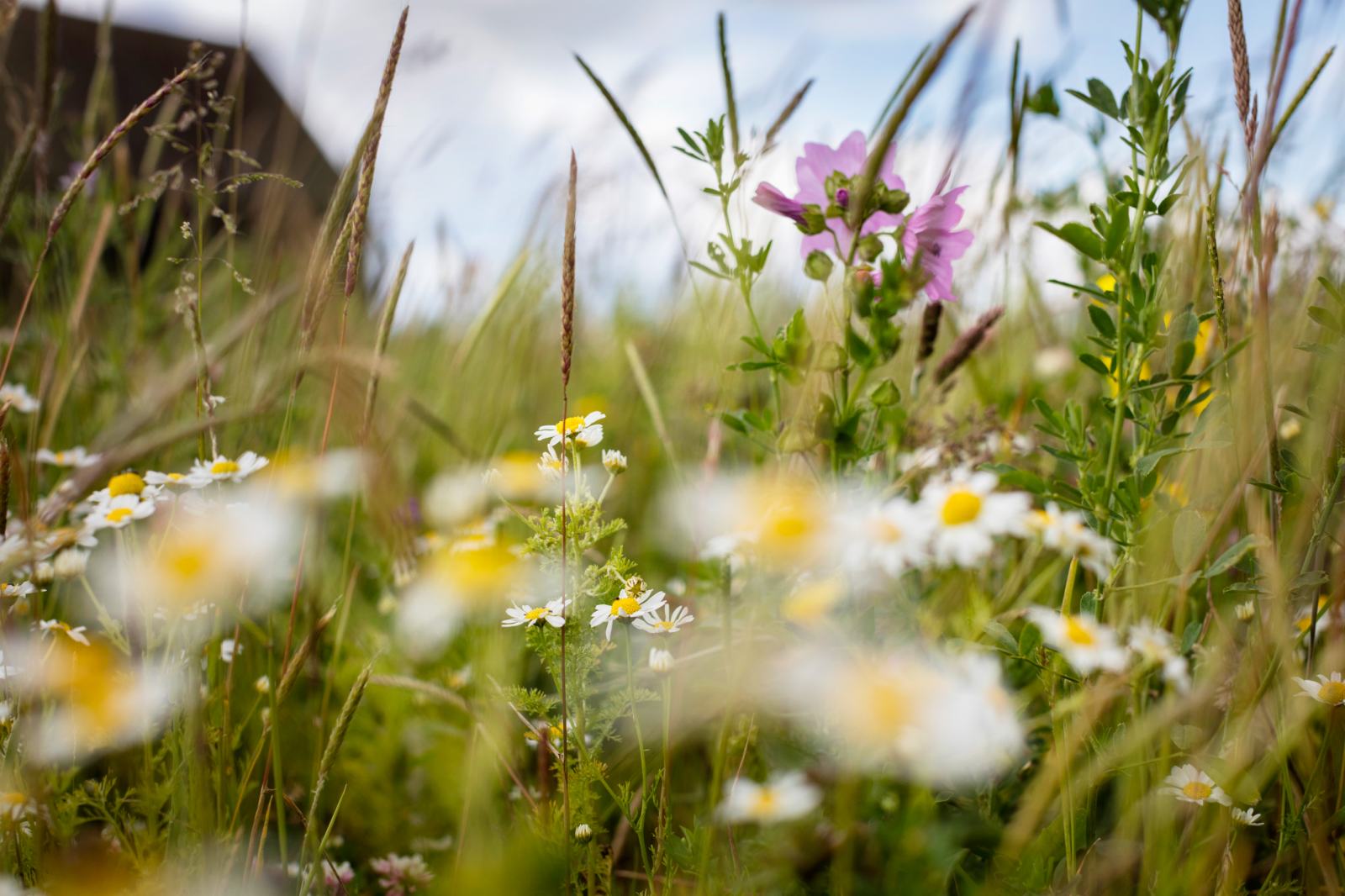
How has WildEast been received so far?
Hugh: The success of WildEast is about the number of acres, as well as the number of participants. We have met some resistance among the farming community; a lot of farmers are wary about ‘cutting your nose off to spite your face’, giving up land that they need.
Oliver: We need the commitment of the farmers and a lot of farmers are heavily in debt. The pilot of the ELM policy [the government’s Environmental Land Management where farmers are given a subsidy for work that enhances the environment] has contributed to a culture of dependency and inertia, whereas what we are trying to do is lead the way. What farmers tend to do is sit on the fence and see what works.
Argus: So far, 2,000 individuals have pledged, and a good handful of white-chip companies and railways stations, the Church of England and the country council, which is a lot of land. If the farmer sees this happening, perhaps he will be more inclined to join the party. [WildEast pledgees include Chet Valley B-Line, a pollinator corridor; and Dingley Dell, a pig farm that sows wildflower strips alongside pig pens.]
How do you expect attitudes to change?
Argus: Carbon offsetting [where carbon-emitting companies fund environmental projects to balance out their pollution] could make a huge difference. Suddenly, it may make more financial sense to let your farm run wild than farming it. Carbon offsetting is still quite opaque but we see the tide turning.
Oliver: It will come with a new generation of consumers and farmers too. People will still want to farm but not at the expense of nature, and that means a new system. And consumers will hopefully favour smaller, more localised and organic food production, and want to eat less meat, thereby supporting farmers to create good-quality food without pesticides. The government is talking about taxing air miles on food.
Hugh: In the past, the sole reason for buying land was to exploit it. Now we are entering a period of salvation where wealthy philanthropists are willing to buy land just to save it. The most enriching moment of my life was giving land back to nature, partly because of my feeling of the personal debt I owe. [Somerleyton has created a 400-hectare fenced enclosure of wild land and free-roaming black pigs and ponies on his 2,000-hectare estate.] We want land ownership to tilt back to what it was, the concept of stewardship, rather than industrial farming, which is becoming increasingly unviable.
This article originally appeared in Billionaire's Power Issue, Summer 2021. To subscribe contact

